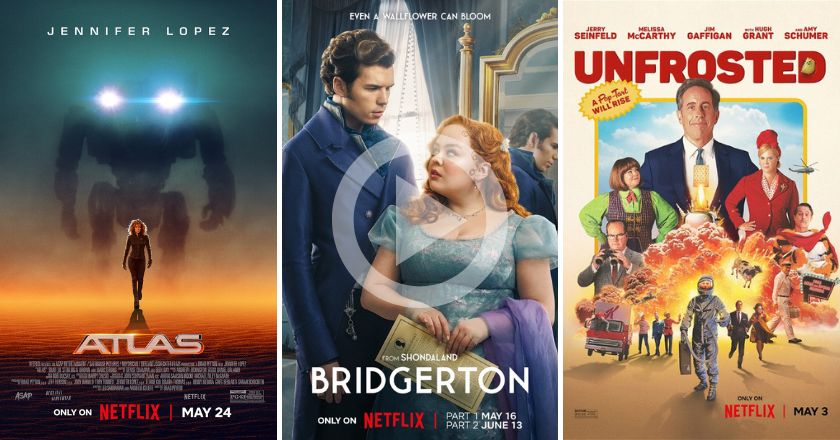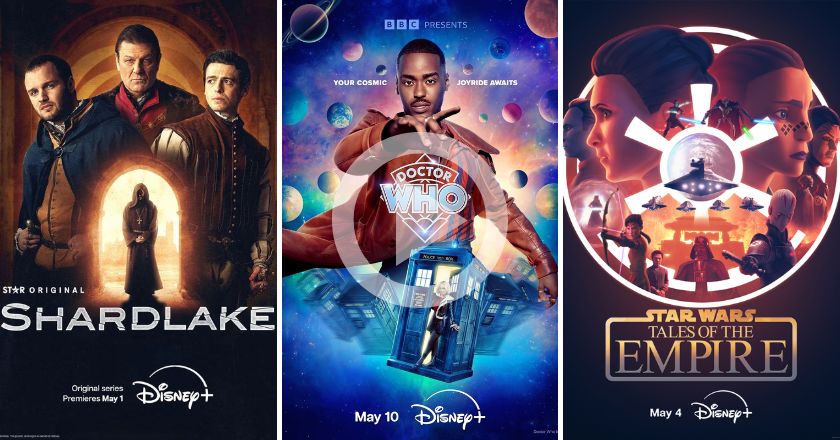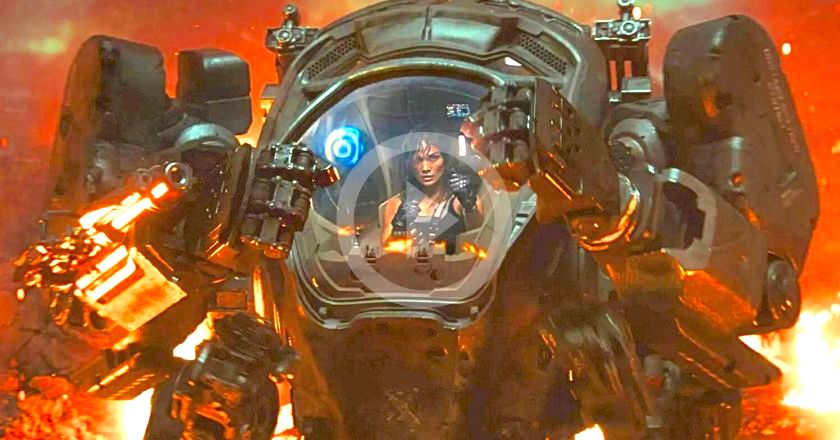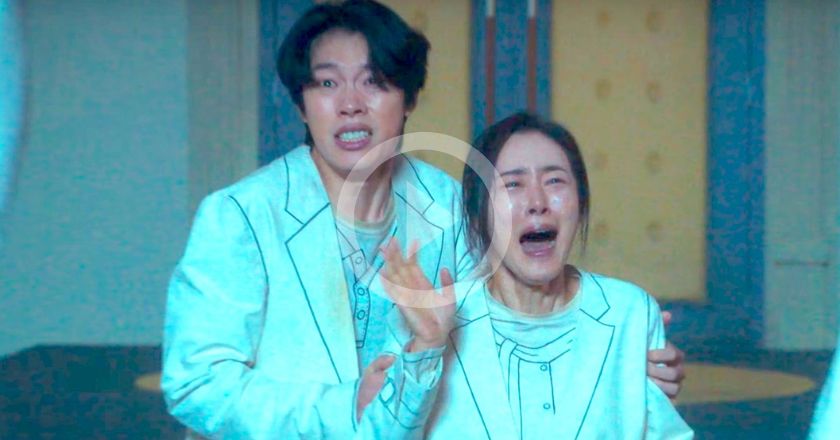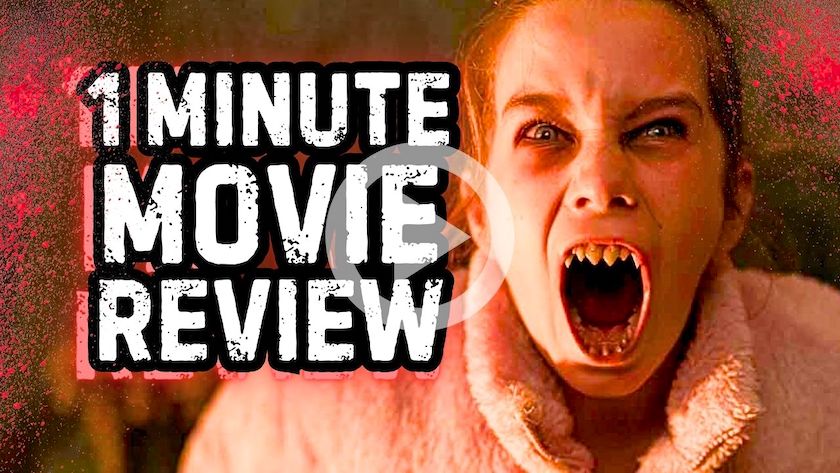
Netflix feature Death Note is director Adam Wingard’s (known for The Guest and 2016’s Blair Witch) adaptation of the incredibly popular manga/anime phenomenon of the same name.
Light Turner (Nat Wolff) is a social outcast who is gifted a leather bound book from the heavens with “Death Note” inscribed on the front. Within the book lie plenty of rules, however, the first is perhaps the simplest and the most important: picture the face and write the name of someone you want to die, and it will happen. Light and his girlfriend Mia (Margaret Qualley) use this book to try and change the world for the better, before being hunted by an obsessive, über detective named “L” (Lakeith Stanfield), who will stop at nothing to bring them to true justice.
The concept of the film is its true strength. Not only is there a fun and interesting story, there are some wonderful visuals on par with Wingard’s work in The Guest. At times the cinematography is a truly gorgeous blend of carefully crafted camera work and colour. And Willem Defoe’s turn as the Death God Ryuk (think if Groot and Pennywise had a baby–) is a clear standout, the actor using his mesmerising and mischievous voice to great effect. Alas, the rich story hidden is hidden within an overall poor film, one that should have been an interesting tale of morality and choice.

The best part of the premise is squandered, with the morality and consequences of their actions being glossed over. The fact that Light is a teenager should add another great angle to the character; having the power of a God, but being treated like a child. Yet, this is ultimately never properly explored, only pushed through via some weird montage that mixes Mia and Light’s romance with straight-up murder.
The film flies by with bizarre pacing; it progressively becomes a rapid mess, much to the detriment of the characters and story. Since Light and Mia aren’t particularly well fleshed out, their unfolding relationship has very little emotion behind it. You are given an abridged version of L’s back story that feels incredibly glossed over, and even as the great detective he is portrayed as, he sure does make some serious leaps in logic to achieve a result. And yes, his guessing does further the plot, but a little more deduction on his behalf would have grounded the character a bit more.
In all honesty, that is quite a common theme throughout the film. Instead of transitioning smoothly into each plot point, the script seems to jump from beat to beat with flimsy character motivations fueling it all. It’s just messy. Instead of having you question your own morality should you be endowed with such powers, you are simply left questioning the actions of the protagonists.

The concept is better suited to be, at the very least, a trilogy, if not a fully realized 10-episode Netflix epic. The underdevelopment of character and plot hurt all sections of this film. Light’s rise to God-like powers, influenced by the sadist (my words), is poorly crafted, and Mia ultimately feels rushed and has no real emotional impact when it comes to the hundreds of murders that are represented by a montage. Then we have what should be great a cat and mouse game between two intellectual people, which descends into utter chaos before culminating into a cliché, blockbuster-style finale.
As someone who isn’t well versed with the original source material, I cannot imagine how the true fans are feeling about this. Wingard and co. should do so much more than simply tell the source material’s story to the audience; it should be an adaptation that does the characters justice and mines the fascinating concept for all it’s worth.
Unfortunately, following outings such as War Machine and the (in my opinion) overrated Okja, Death Note is now what I have come to expect from Netflix’s film body.
THE REEL SCORE: 4/10

